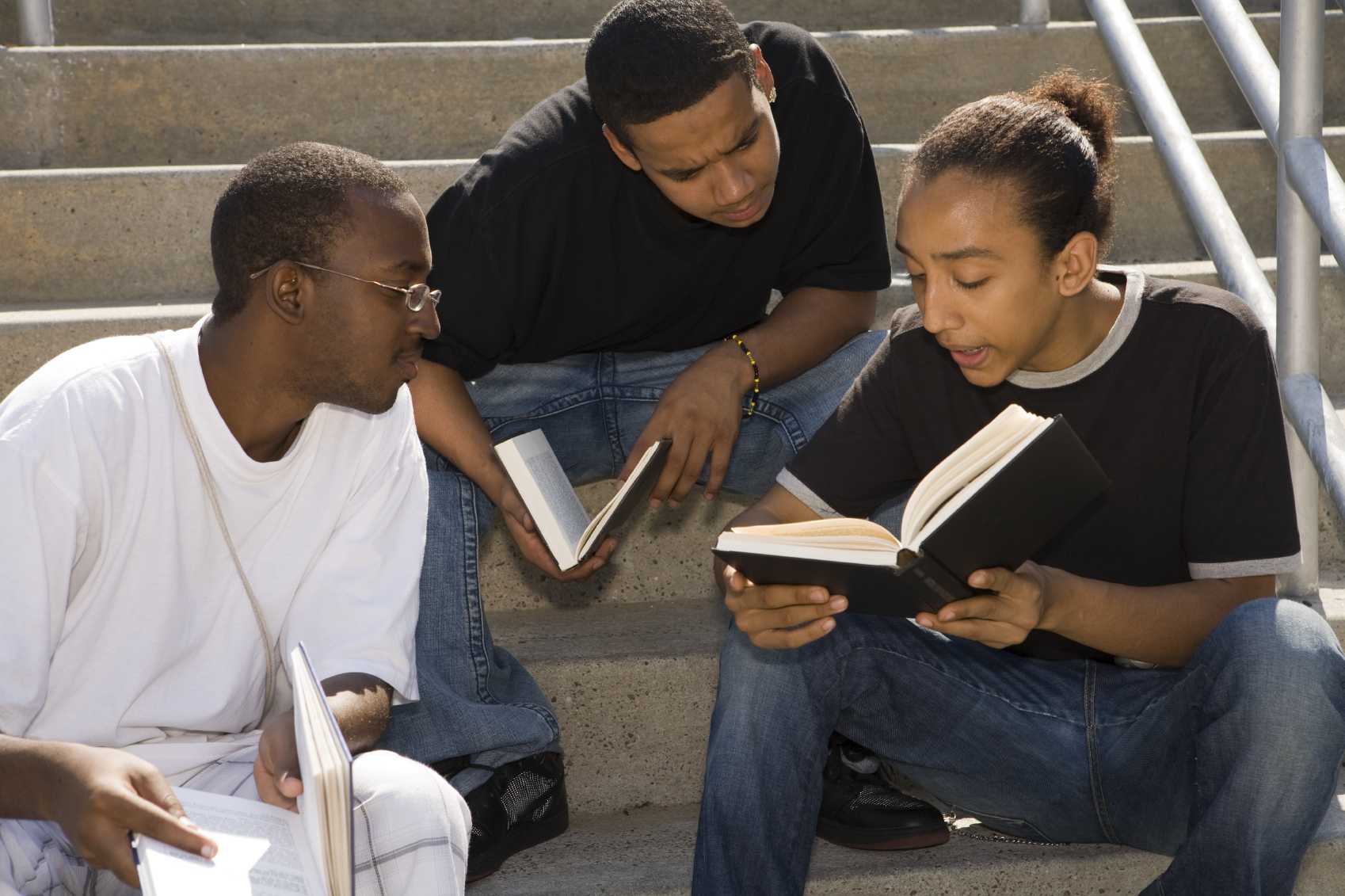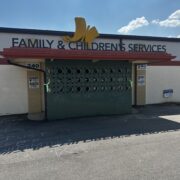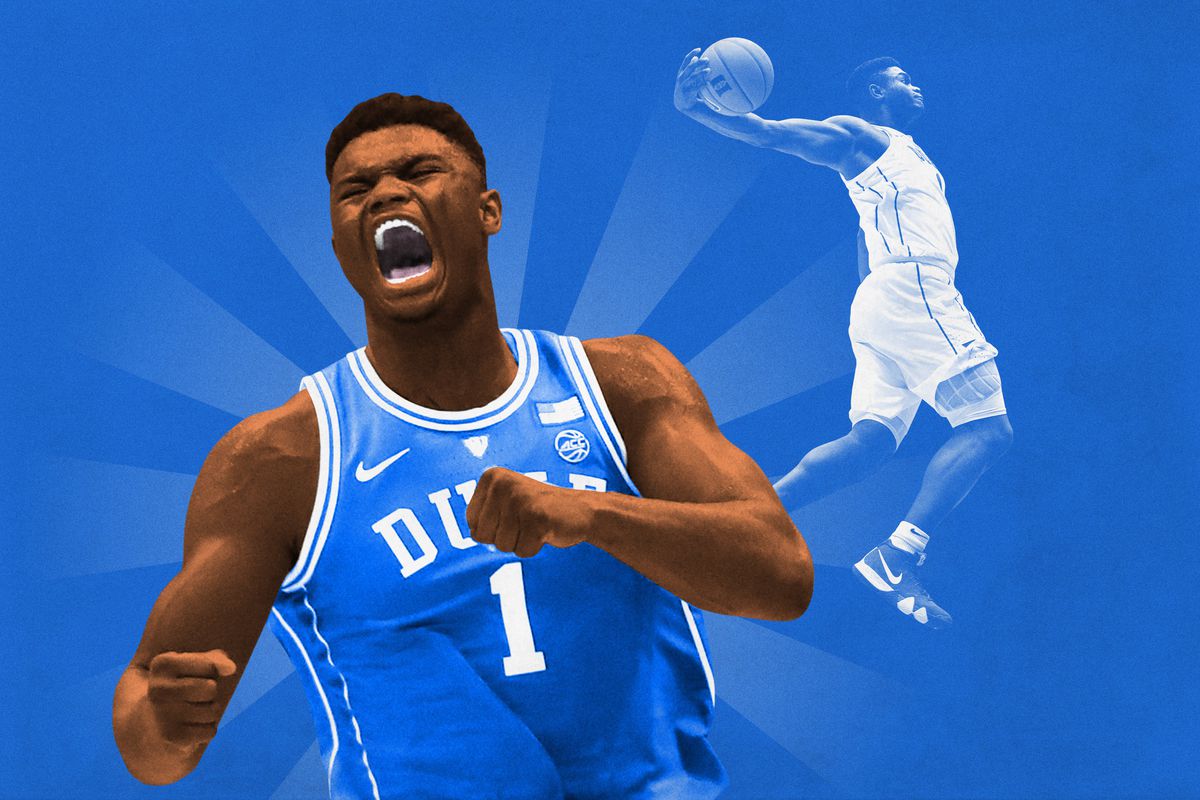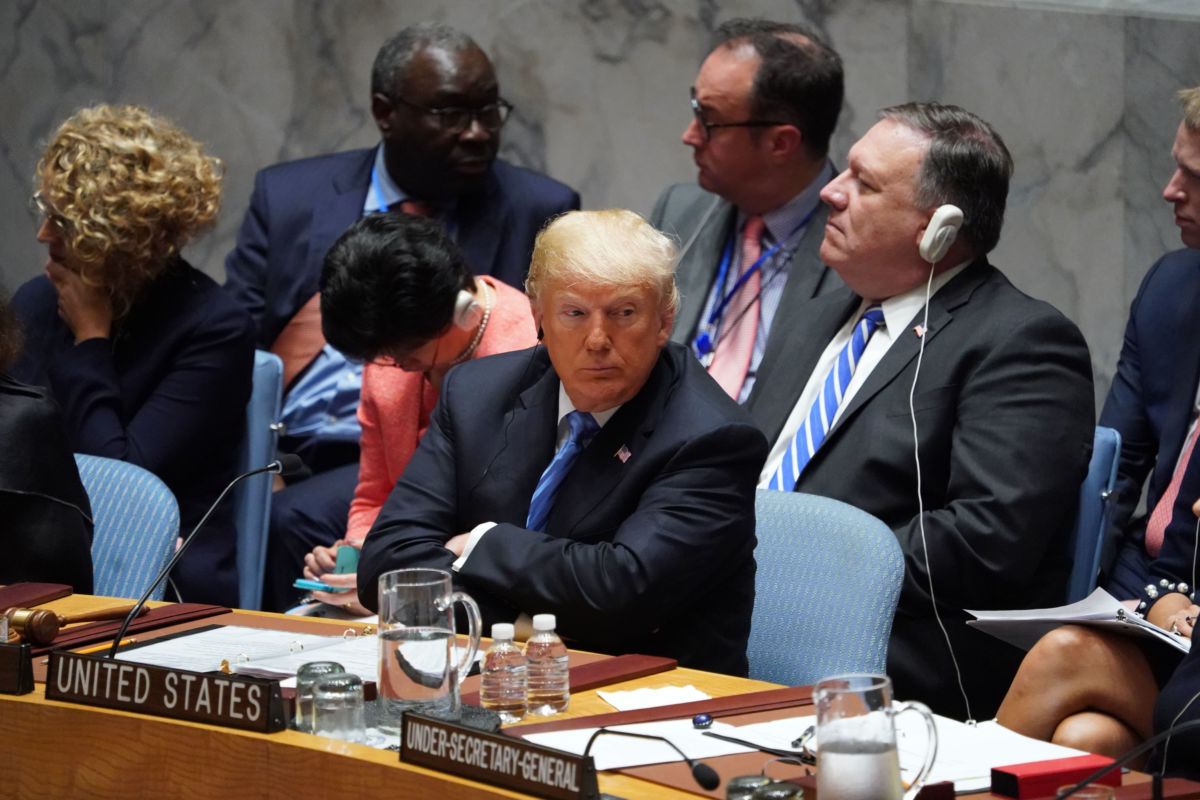
By Christopher Molaro and Garrison Haning
Social media, Twitter specifically, gives anyone an automatic international platform in 140 characters or less. Yet, uniformed opinions can be dangerous and downright detrimental.
We’ve heard it said that reading is a lost art. And to say that it isn’t is a hard case to make. Sure, America still reads. In fact, it is easier, now more than ever, to grab a quick dose of easily digestible writing for your personal edification. Blogs, magazines, tweets and Facebook status updates, and the news ticker at the bottom of TV on any 24 hour news network, to name a few of the more prolific sources. But how reliable, and for that matter, factual or informational are those mediums? Taking it a step further, what is their alternative when they are not available?
This question was not only posed but answered when we were deployed to Iraq. With the exception of a government-funded Armed Forces Network, television was a distant dream, Internet bandwidth almost non-existent, and the western world was a mere 6,000 miles away. We are the first to admit that we were not the biggest readers. But with Internet that made your 1995 dial-up look fast and the daily stress of combat, we needed something to keep us informed and provided a daily outlet. Enter: reading.
In the 21st century easily accessible mediums such as the television, Internet and social media are resources that can be used to our benefit. Yet to truly understand the world and its events we must take a hybrid, balanced approach by combining social media, the Internet, and television with more researched forms of scholarship like books and journal articles. Without a true, fundamental knowledge base concerning the issues we care about, we can’t meaningfully contribute to the debate and have a holistic understanding of these different matters.
Having an opinion is everyone’s right (at least in the free world), and it is indeed a powerful one. Social media, Twitter specifically, gives anyone an automatic international platform in 140 characters or less. Yet, uniformed opinions can be dangerous and downright detrimental. We recently saw a tweet that read: “Cookie Monster is only 1% of the street’s population but hoardes 50% of the cookies. #OccupySesameStreet #NomNomNom.” A hilarious tweet, to be sure, but what happens when short quips like this don’t just provide a laugh, but indeed present the entire foundation for the lens through which we view our world? In a November 2011 article by Braden Goyette, she cited that there were more than a million tweets addressing the Occupy Wall Street movement. Our question is: how many of them were informed? How many people read books like Michael Lewis’s “The Big Short” or “The Ascent of Money” by Niall Ferguson, for a little context on the origins of American capitalism, and then tweeted their opinion about the movement? Would their opinions be the same if they had?
It is impossible to prove how many of those 1 million tweets about Wall Street and the financial crisis were uninformed, so we look at another example. Earlier this year, the citizens of the United States suffered together from the Boston Marathon Bombing. The brothers believed to be behind the attack, Dzokhar and Tamerlan Tsarnaev, were of Chechen decent – Chechnya, a country a whole 1,700 miles away from the Czech Republic. Despite the difference, Twitter users tweeted and retweeted hundreds of blurbs reinforcing this misguided notions egregiously confusing the two different countries. An April 19, 2013 Huffington Post article by Andres Jauregui cited numerous examples. One tweet read, “Now what? War with the Czech Republic,” and another, “Both the guys from the bombing are from Czech Republic wow.” The misinformation became so bad and widespread in fact that the Czech Republic Ambassador expressed concern of the misunderstanding.
It is not all bad, however. First and foremost, there’s still time – it’s never too late to start reading and become informed. We’ll admit that we were not big readers until we didn’t really have a choice in Iraq, but since then, we never looked back. Start at your own pace, and read something that you’ll understand, that isn’t daunting in size or subject matter. The novice weight-lifter can’t expect to begin bench pressing 225 pounds his first week – there has to be a starting point. But most importantly, read something that interests you. Too many of us at a young age are turned off by genres we do not enjoy or stories that we find boring – us included. Bottom line: it doesn’t matter what you’re reading, just read!
Paul Shoebottom, a language teacher at the Frankfurt International School asserted this in his article, The Importance of Reading: “Reading non-fiction in English is probably the most important, but English fiction and any reading in the mother tongue – if done extensively – will help…develop the reading competence that is essential for academic achievement.” Ok, so reading makes you smarter, duh. That’s why nerds do it, right? Well, rich people do it too – actually, people who read are more likely to get hired for jobs as well. In 2007, The National Endowment of the Arts (NEA) published an extensive research report, To Read or Not to Read, which highlighted those precise statistics.
The NEA explains, “38% of employers find high school graduates ‘deficient’ in reading comprehension, while 63% rate this basic skill as ‘very important.’ ‘Written communications’ tops the list of applied skills found lacking in high school and college graduates alike.” Shoebottom offers a simple explanation of how writing is related to reading: “Good readers can understand the individual sentences and the organizational structure of a piece of writing. They can comprehend ideas, follow arguments, and detect implications.”
Follow the money! Readers get paid – simple. The NEA cites that “more than 60% of employed proficient readers have jobs in management.” NEA goes onto explain, “Proficient readers are 2.5 times as likely as basic readers to be earning $850 or more a week.
Whatever it is, find your reason and your motivation and pick up a book (or e-reader) and read. We were in awe of how addictive reading became for us, two former non-readers, just because we finally valued what we were reading. When we were deployed platoon leaders, we urged our soldiers to read as well and gave them books we knew they would enjoy. Some were already readers, and some were not, but for the guys who gave it a second chance, the results were great. They read, and finished books – some of them for the first time ever – and they passed the books onto friends. Reading effectively became contagious. Ecstatic to see our new favorite hobby become theirs, we founded the literacy non-profit, Things We Read.
Things We Read (TWR) aims to inspire and motivate people to read by providing the top 5 must-read books from famous, interesting, and influential people. It gives personal recommendations, giving people access to the insights and world views of the people they are interested in and care about. TWR book collections provide a personal connection to something that might otherwise be considered unapproachable: Finding a good book can be like looking for a needle in a haystack. TWR goes one step further and provides these recommended books to service members in select locations in a big red bookshelf for free – available to enjoy and share.
On today’s battlefield, it is apparent that whether positively or negatively, soldiers down to the lowest ranking private, have the ability to make national news and shape the perception of America to the rest of the world. In this regard, it is important, now more than ever, to ensure our men and women in uniform have access and are encourage to engage in a deeper understanding of the world we live in. The Soldier-Scholar should continue to be an informed, articulate, decisive warrior who can win a battle or win over a village much more effectively.
Likewise, the Citizen-Scholar should be a knowledgeable, conversant person able to make individual informed opinions and trouble-shoot others in a meaningful way, and therefore, solve business problems, elect quality politicians, understand health and diet, budget money more effectively, consume smart, and act in an over-all much more productive manner.
We challenge you, the modern citizen, with the same challenge we passed to our soldiers – pick something up you think might interest you and read it. If it doesn’t quite work, try again. Because in the end, how important is reading? It’s time to read the writing on the wall: If we want to be a society that continues to move forward, and knows the difference between Chechnya and the Czech Republic, it is important, indeed.









